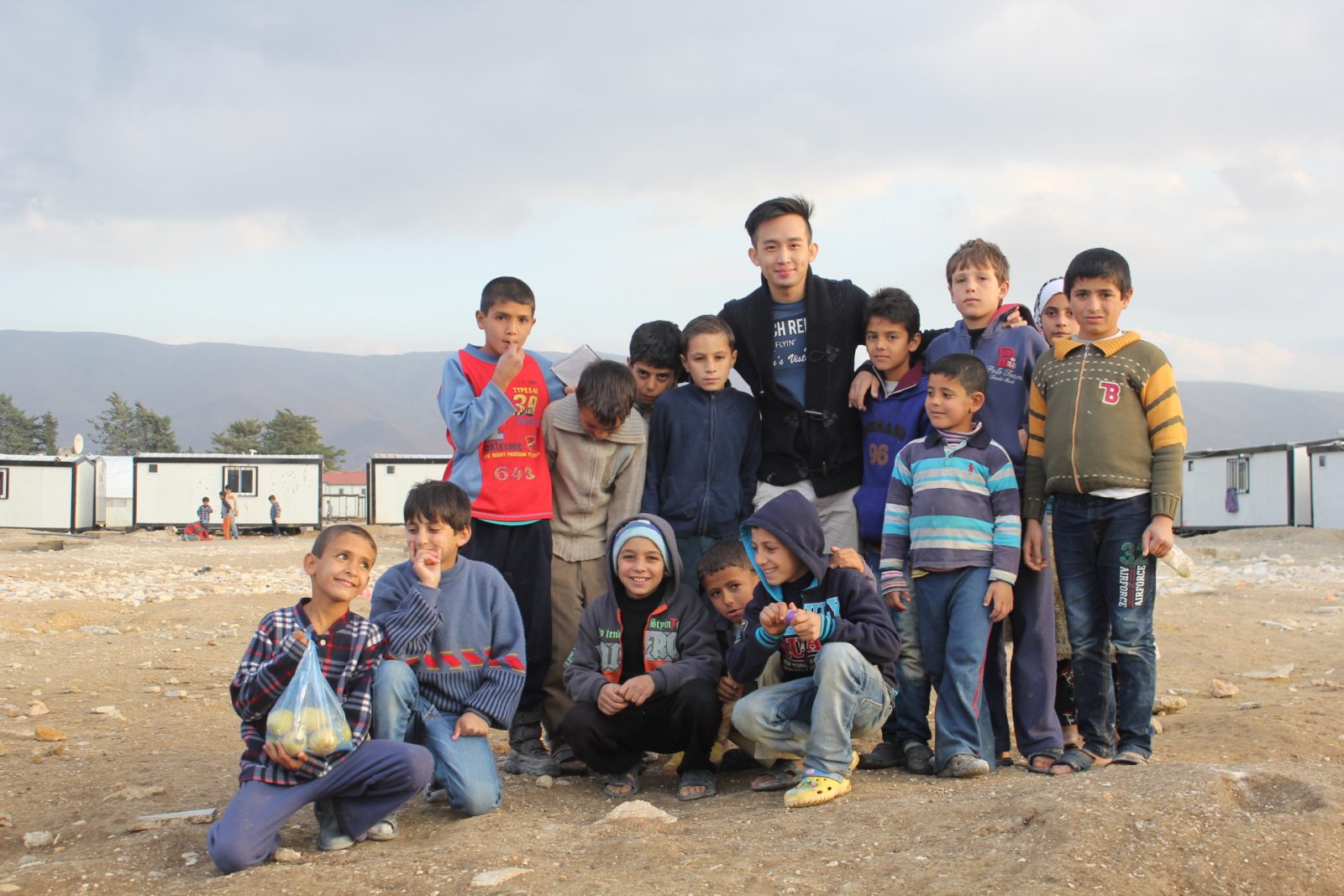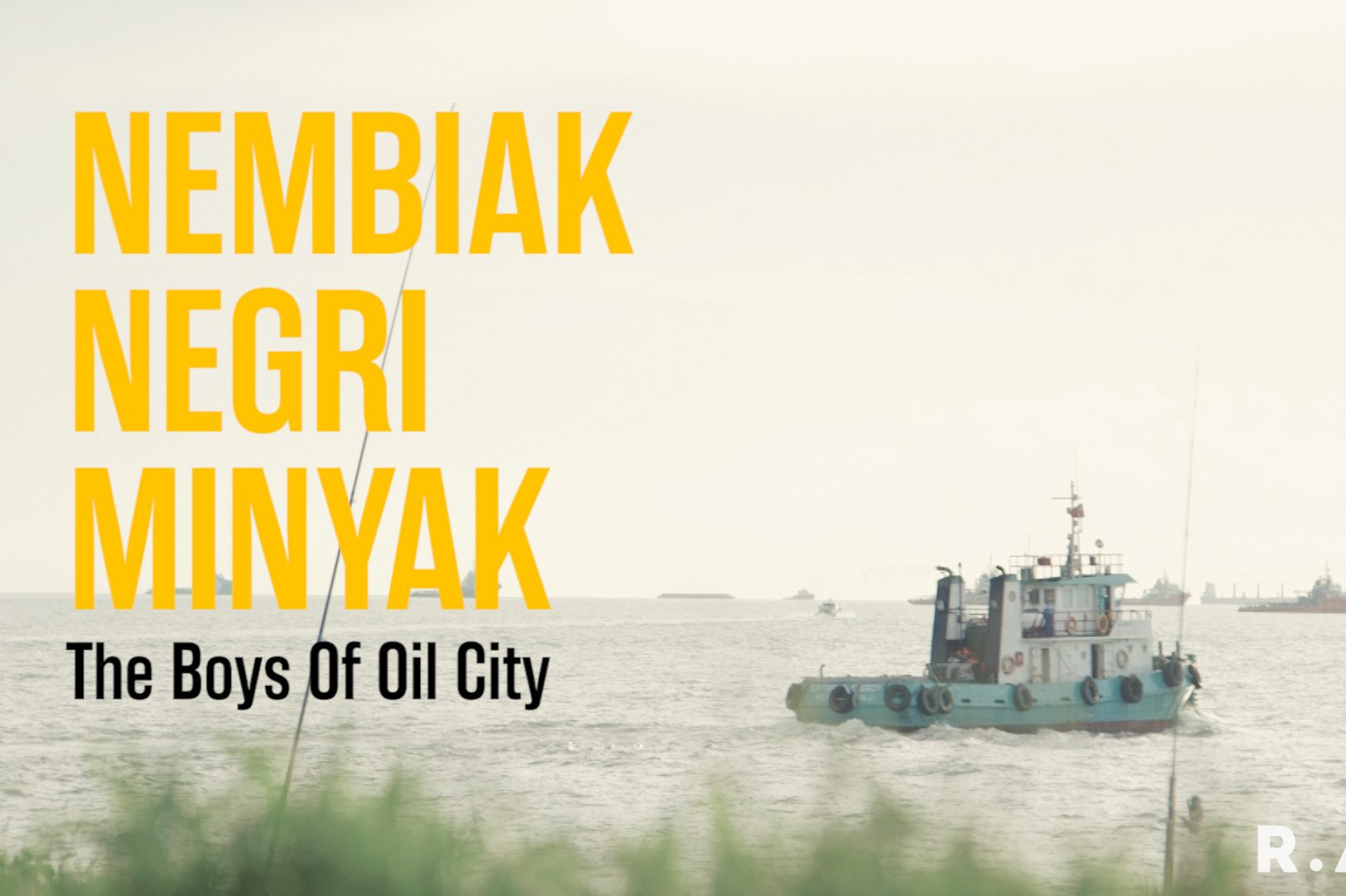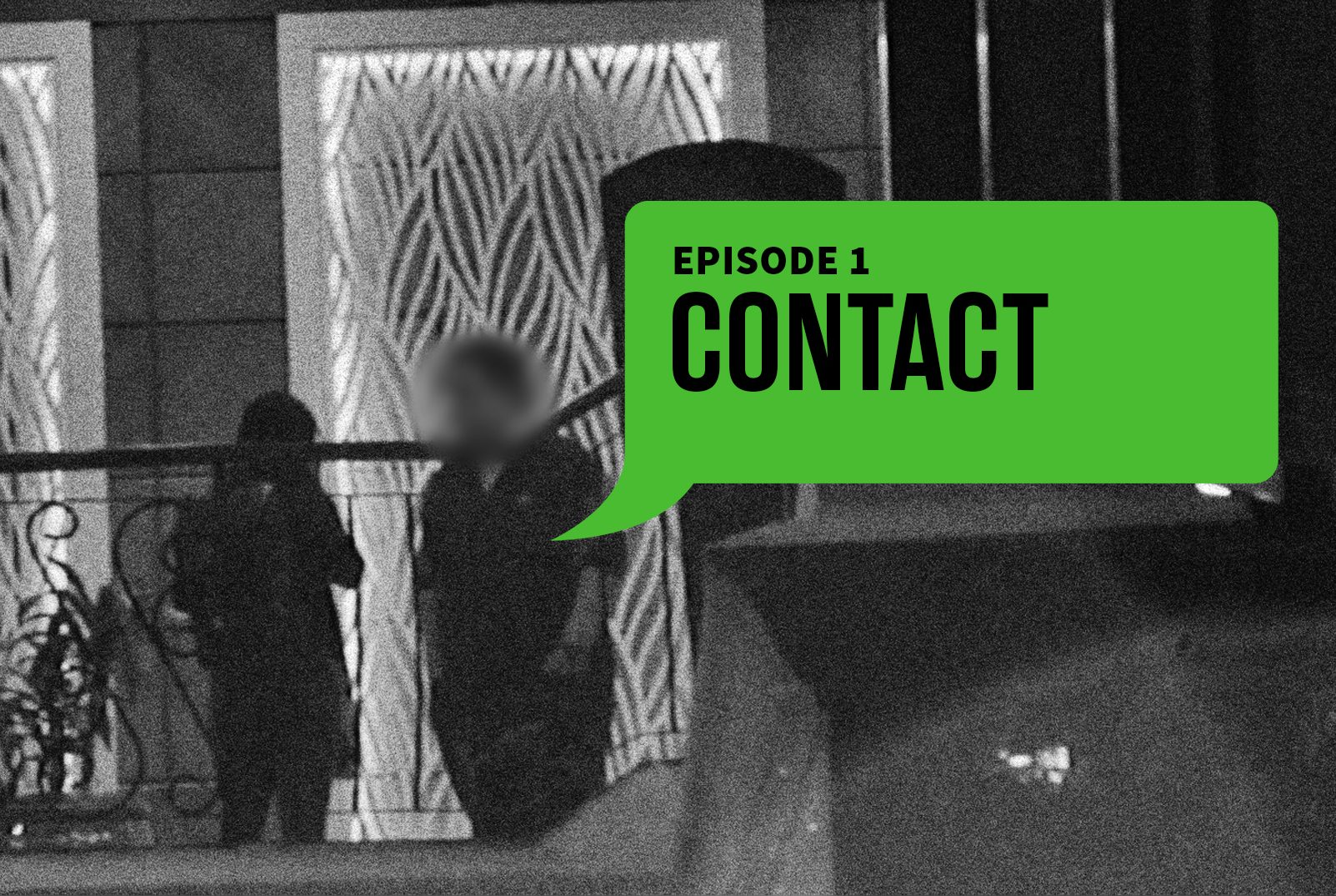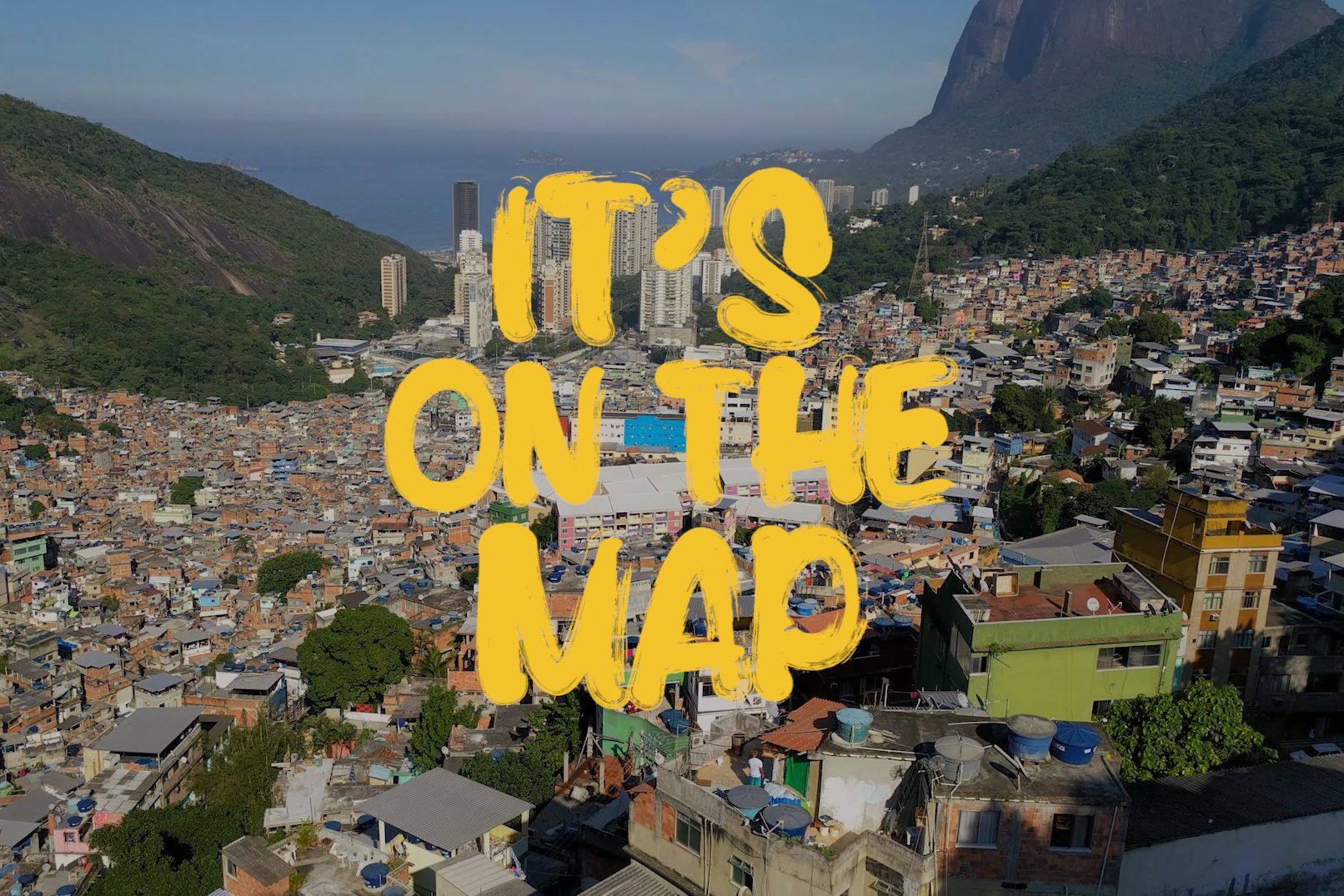AT 22, freelance journalist Chris Lau found himself hiding in the basement of a Syrian hospital during an airstrike.
Despite it being a war zone, his trip to Syria had been relatively uneventful as he had been hosted by Malaysian Life Line for Syria, an NGO working with Syrian NGOs Youth for Syria and Dorat al Khair. But it all changed in an instant.
“I was scared stiff. I could hear the explosions above and everything was shaking – it was insane. I don’t know how the staff could stand to work there every day,” Lau, now 24, recalled.
He was still a college student at the time, freelancing as a frontline journalist between semesters.
Despite that terrifying encounter, he went on to report from war zones in Afghanistan and Syria several times more, even meeting Malaysian militant Abdul Salman Rahim who was fighting with the Free Syrian Army (FSA), an anti-government force fighting against Syrian president Bashar al-Assad’s regime.
“Someone said, ‘hey, there’s another Malaysian here, come meet him’,” he said with a laugh.

Lau with one of the commanders of the Free Syrian Army in 2012. The NGO that hosted him was based on the rebel-held part of Aleppo. Photo: Chris Lau.
That introduction led to a precious peek into a militant’s mind.
“He told me he came to Syria to atone for his sins,” Lau said. “He felt like he hadn’t been a good enough Muslim.”
However, despite Lau being a Christian – something that could’ve meant his death – Abdul Salman never betrayed Lau’s religion to his comrades.
It is the humanity in war zones like this that Lau wants to portray in his work, not just accounts of dead bodies and damages valued in dollars.
But despite his chance meeting with Abdul Salman, his focus lies mainly on the civilians stranded in war-ravaged cities.

Taken in 2014, this picture shows Lau eating with the staff of a Syrian hospital. He admires their bravery, and the will to persevere despite all the fighting and airstrikes.
“I wanted to share the stories of those living in the conflict zones, because they had no choice but to be there. As humans, shouldn’t we take an interest in what’s going on in the world?” he said, recalling how everyone he met in Aleppo has lost at least one family member to the war.
The war, which started with an uprising against Assad’s regime, has escalated into a brutal multi-sided conflict involving various foreign forces such as Russia, the United States and jihadist groups.
Even though Lau is now reporting from the frontlines of these conflicts, less than five years ago, he was an actuarial science student who took a gap year to find himself and, in his own words, “be a hippie”.
From mid-2012 to early 2013, he travelled through eight countries, including Afghanistan, which he fell in love with while reading The Kite Runner.
“The book opened my eyes to the rich history and culture that were overshadowed by the all the news of the war, and I made up my mind to go there,” said Lau.
While most of the stories coming out from Afghanistan focuses on the war, Lau remembers the helplessness of the civilians stuck there.
“They thought I was a journalist since my local friends didn’t know how to explain ‘backpacker’, and asked me to help share their stories with the world. Initially I agreed, but realised I had no way to help – unless I actually became a journalist,” said Lau.

A man surveys the remnants of a Syrian hospital after an airstrike. Lau hid in the basement with the hospital staff until it was over. Photo: Chris Lau.
Switching courses is a big deal for a young student – so he wrestled with his decision for two months before enrolling himself in a journalism course.
He graduated last month and has interned in an online news agency, but has no plans to settle down with any news agencies.
Instead, he plans to continue working as a freelancer to fund his next adventure, and is currently freelancing for local Chinese and English media outlets.
These trips aren’t cheap, but he’s determined to scrimp and save until he can fund his next trip.
“People always ask me how I manage to travel to these countries. Freelancing and keeping a tight budget helps,” he said.
“One article usually pays RM200-300, and a return ticket to the Middle East is around RM2,500. If I can get a local family or NGO to host me that’s great, if not, I have to budget another US$20 (RM80) per night for accommodation,” he said.
He plans to go back to Syria, although an attempt last year saw him turned away at the border.
“I managed to get to Turkey, but at the border, the guards said no. This was after the American and Japanese journalists had been beheaded, so they were worried about other foreign journalists,” he said.
“But even if I’m not allowed into Syria next year, I still plan to go to the Middle East, or to Turkey for refugee stories.”
He remains friends with the people he has met on his travels, and is determined to share their stories.
One of them is Raed Zekra, a translator and schoolteacher who spoke of his intention to attend university in Turkey, and to live a normal life.
“He spent his life savings to travel to Turkey, but he wasn’t accepted by any of the universities. Some said they were full with other migrants or refugees,” said Lau.

Lau with Syrian refugee children in Lebanon. He plans to cover the refugee crisis in Turkey in the near future.
Raed’s struggle to improve his life in a society at war touched Lau the most.
“I don’t see much of a future for people like him if this war doesn’t stop. I felt helpless hearing his experience. All I can really do is write and hope people share the story,” Lau said.
But it’s not going to be an easy task, he said, especially since Malaysians don’t seem especially concerned about what’s happening over there.
Lau constantly posts pictures of his experiences in war-torn countries, but he said there’s a noticeable lack of interest or empathy from his friends.
“Nobody is bothered, except when I post about bombings or gunfights. Even then, I think they are mostly Counter-Strike fans who take notice,” he said.
He’s not giving up, though. In an attempt to further his reach, he has started posting videos of the people he meets on his travels.
He recently published a Skype conversation with another friend, Yaman, about life in Syria, the first in a series of videos Lau plans to release.
“I don’t think the media produces enough stories about ordinary people in war zones. We’re all human, so we should know what’s happening to others and be more concerned about the world,” he said.





Tell us what you think!